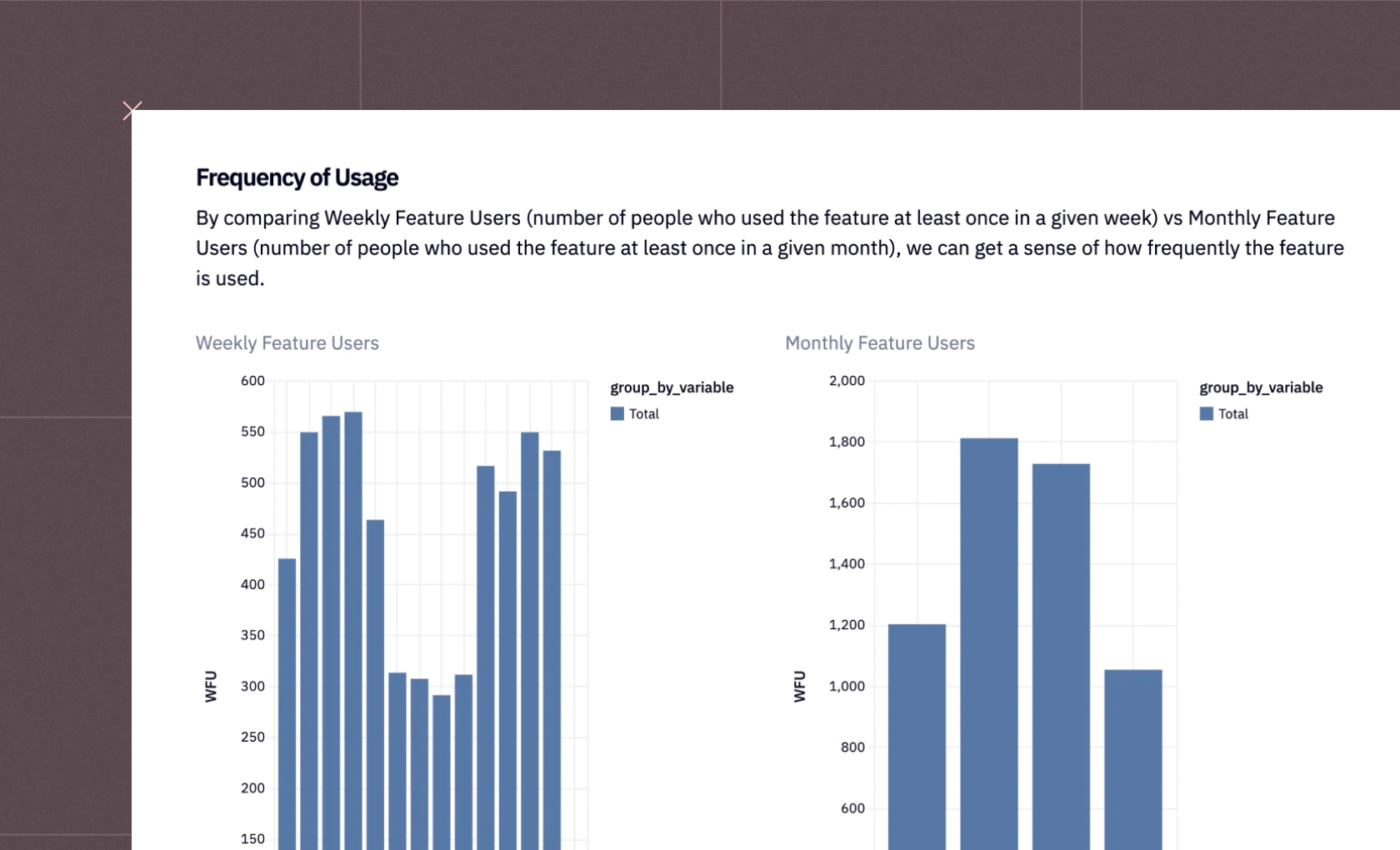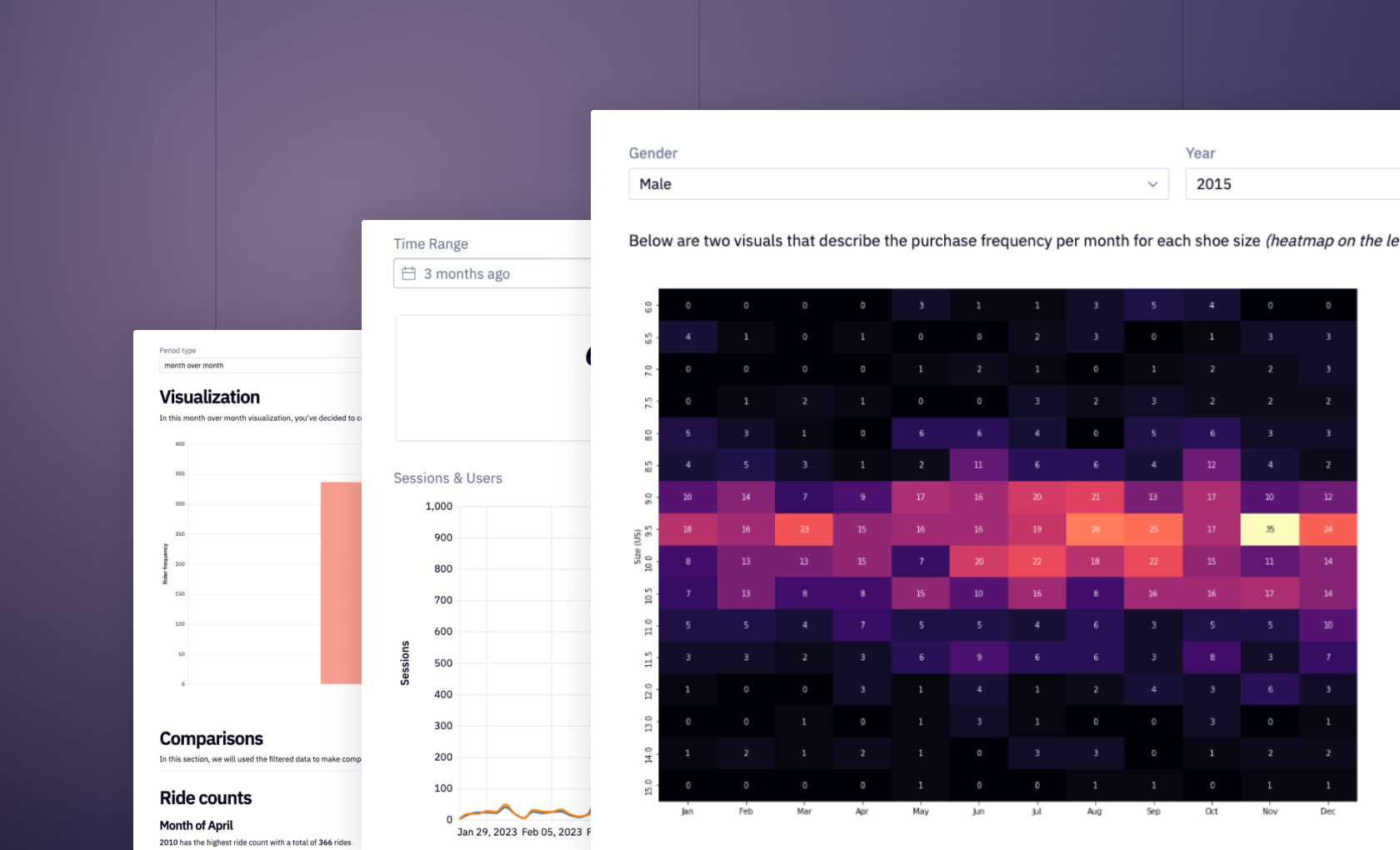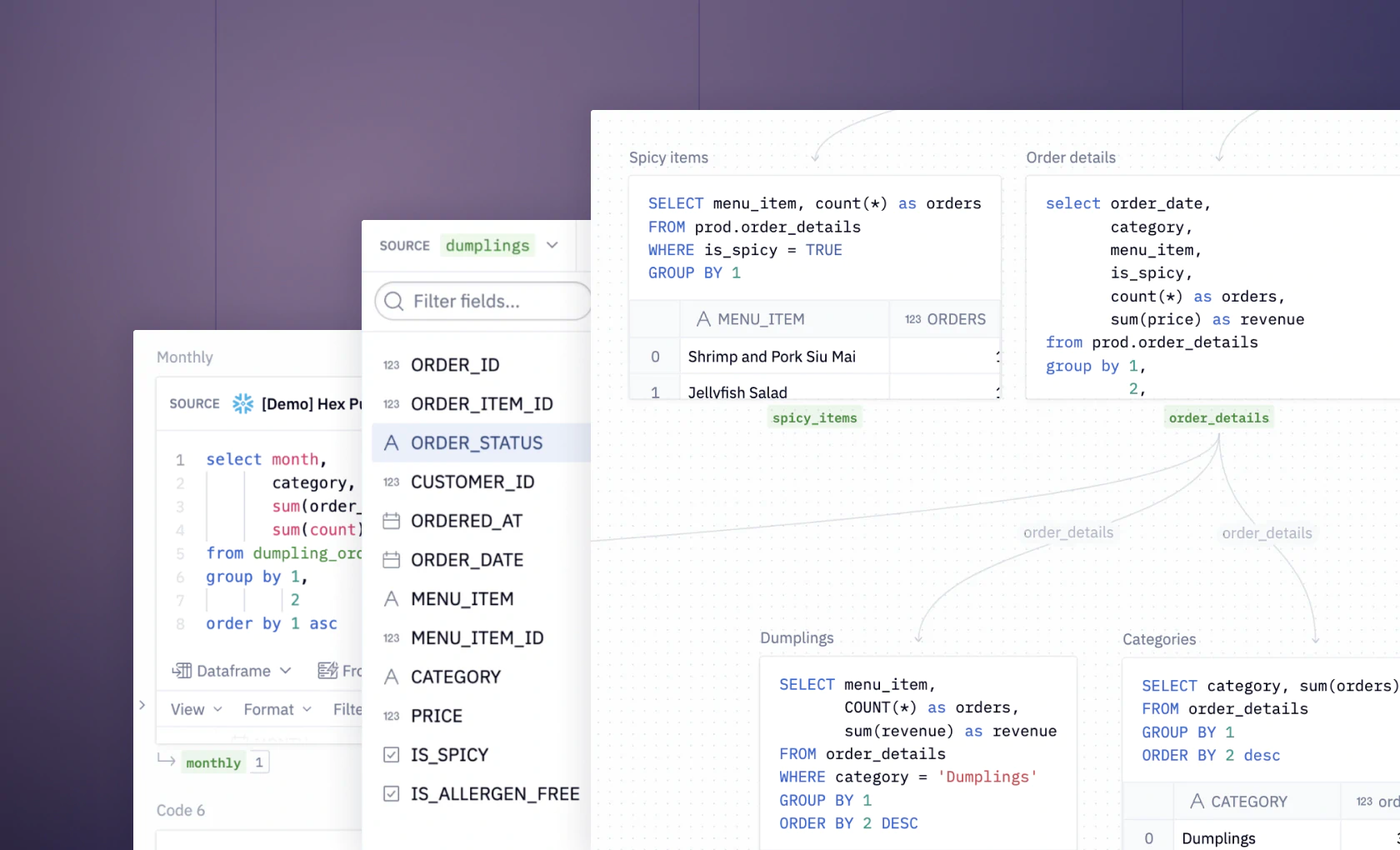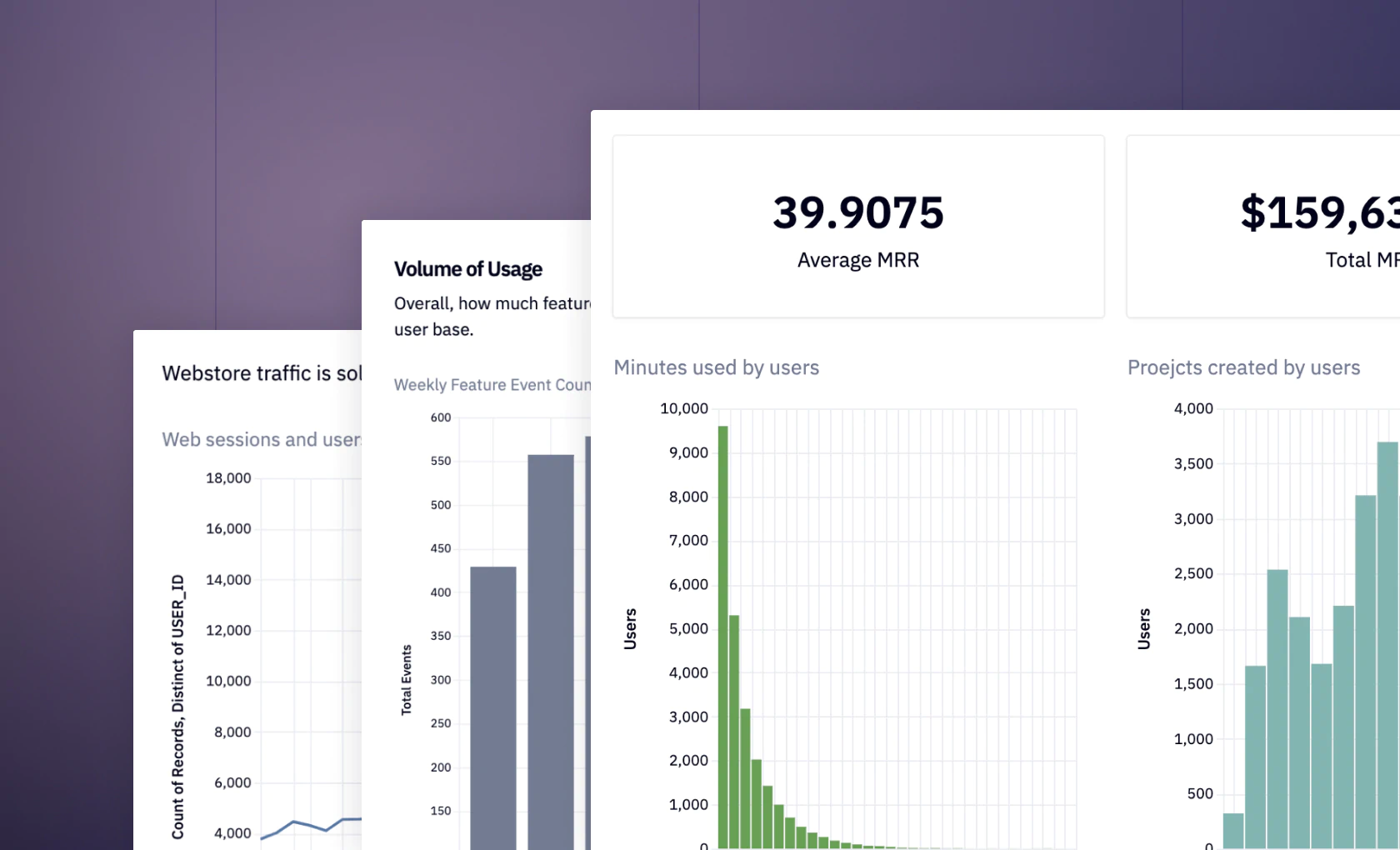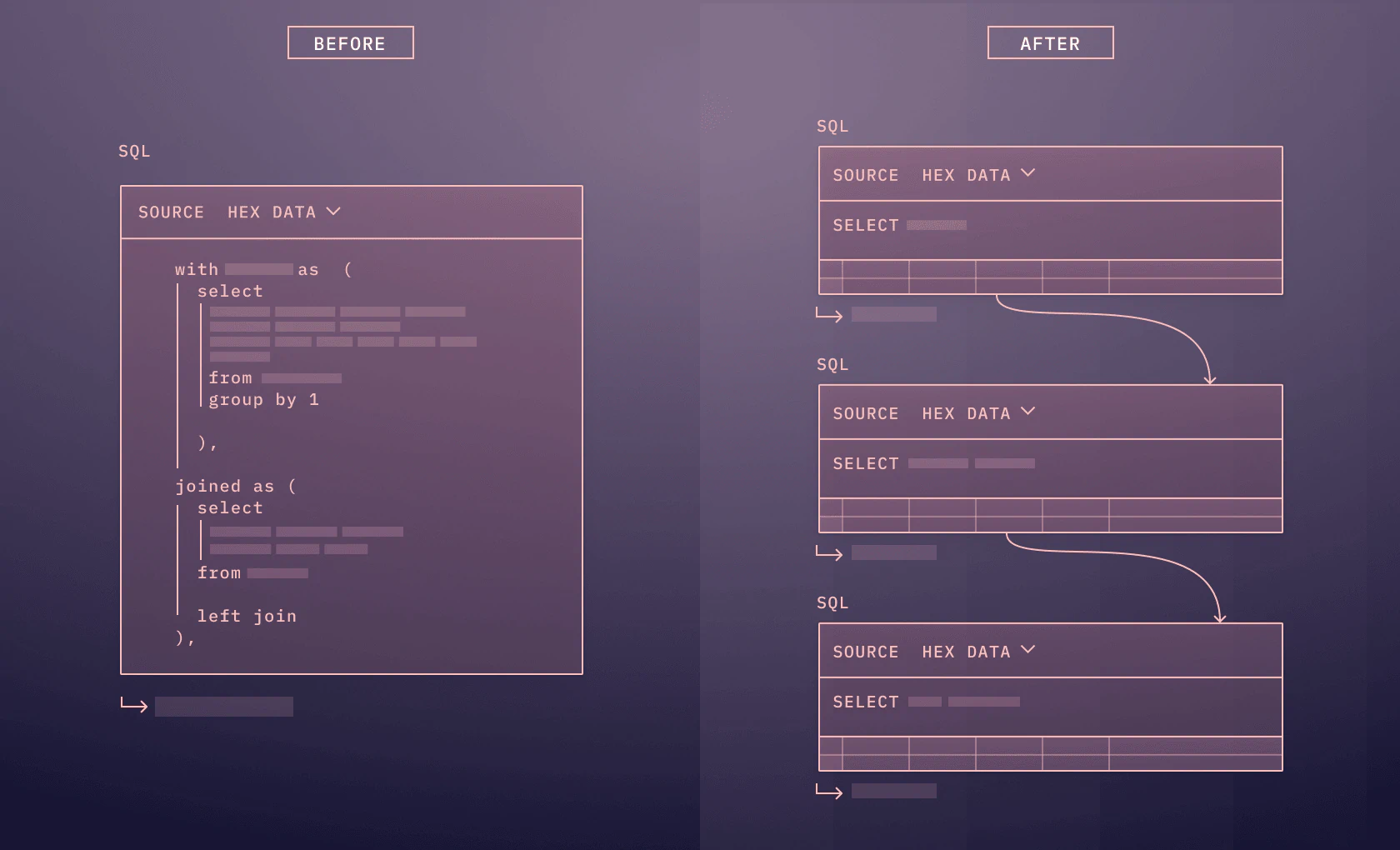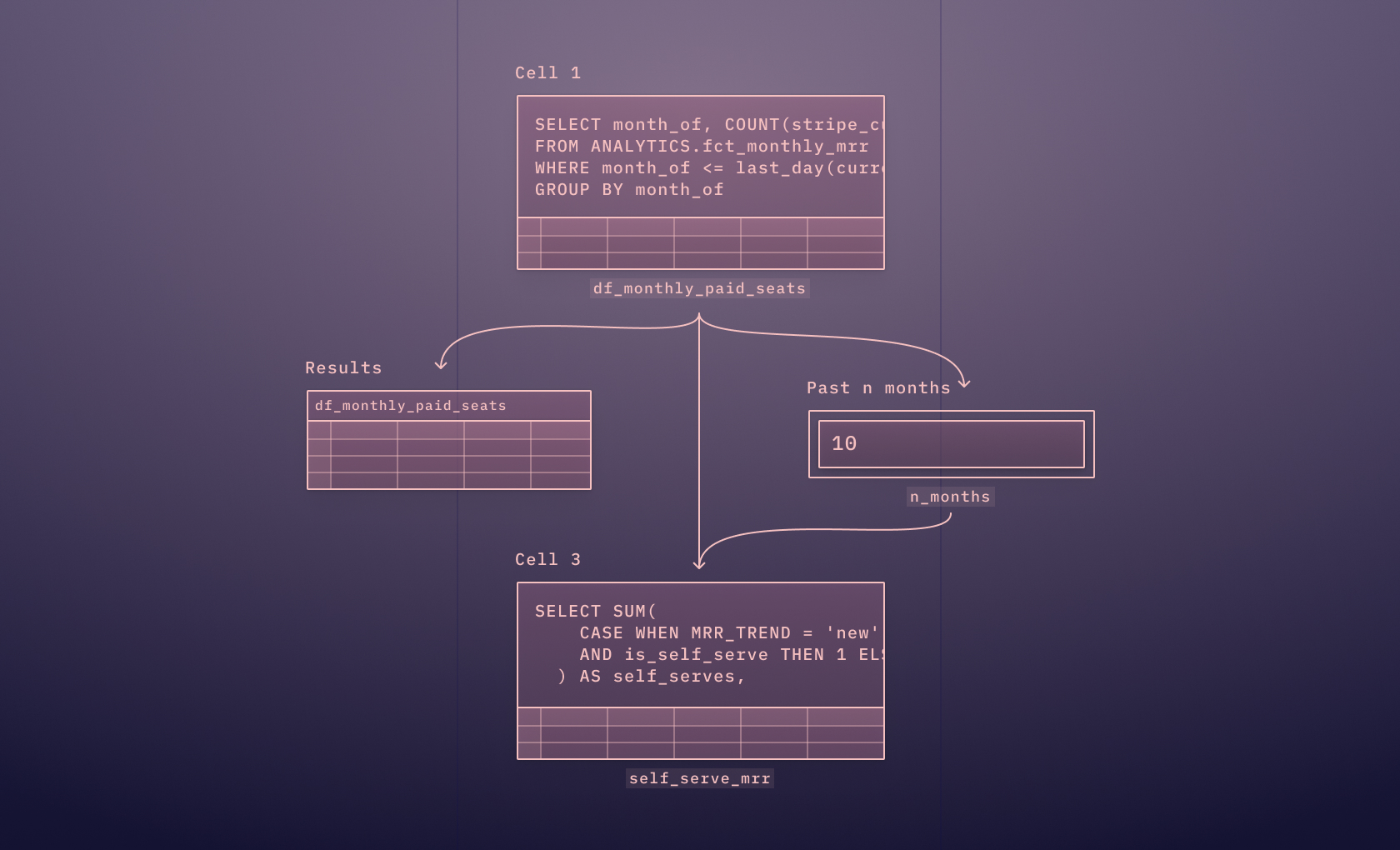A quick guide to Parameterized Queries
Parameterized queries in SQL are a critical concept that forms the backbone of secure and efficient database operations. These types of queries play a crucial role in preventing SQL injection attacks, and they also offer the advantage of improving performance through query plan reuse. Understanding parameterized queries is essential for anyone who interacts with relational databases.
What are parameterized queries?
SQL, or Structured Query Language, is the language we use to communicate with a database. We issue SQL commands to perform a range of tasks, from creating tables and inserting data to querying for specific information. When we want to retrieve specific data from a database, we often have to specify conditions - parameters - that the data must meet. For example, we might want to retrieve all orders made by a certain customer or all products within a certain price range.
Here's where parameterized queries come into play. A parameterized query is a type of SQL query where placeholders are used for the parameters and the parameter values are supplied at execution time. They allow us to create a single query that can handle many different input values. For instance, instead of writing separate queries for each customer, we can write a single query and replace the customer ID with a placeholder.
Let's consider a simple example:
SELECT * FROM Customers WHERE CustomerID = @CustomerIDHere, @CustomerID is a placeholder that we can replace with an actual customer ID at runtime. The query's structure remains the same regardless of the specific customer we are interested in.
The benefits of parameterized queries
First, it prevents SQL injection attacks. SQL injection is a technique where an attacker manipulates the query by injecting malicious SQL code. By using placeholders, we are telling the database that the input should be treated as literal values, not part of the SQL command, mitigating this risk.
Second, it can improve performance. When SQL Server encounters a parameterized query, it compiles an execution plan that can be reused for different input values. This saves time, as the server doesn't have to compile a new plan every time the query is run with a different parameter.
Finally, it simplifies code and improves maintainability. Since we're writing less SQL code and the query's structure remains constant, our code becomes easier to manage and debug.
Parameterized queries are a fundamental SQL tool, offering a fusion of security, performance, and code efficiency. Understanding and effectively using them are essential skills in database management and development. By mastering parameterized queries, you're enhancing your ability to create robust, efficient, and secure applications.
See what else Hex can do
Discover how other data scientists and analysts use Hex for everything from dashboards to deep dives.
FAQ
Can't find your answer here? Get in touch.
